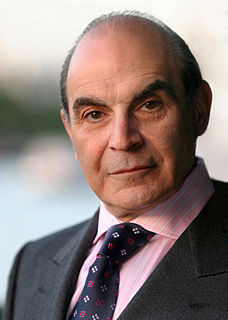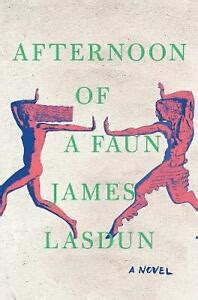A Quote by Larry McMurtry
One of the things that Ang brings to all of his projects is his deep sense of being a double exile, an outsider's outsider.
Related Quotes
The mockery made him feel an outsider; and feeling an outsider he behaved like one, which increased the prejudice against him and intensified the contempt and hostility aroused by his physical defects. Which in turn increased his sense of being alien and alone. A chronic fear of being slighted made him avoid his equals, made him stand, where his inferiors were concerned, self-consciously on his dignity.
In so many roles I've played the outsider. As an outsider, you have more energy to succeed simply because you are an outsider. There are scripts floating around but they're not coming my way and I think that I am getting a little bit too old to play Napoleon. But if I was ever offered the role I would grab it.
America as a setting seems inexhaustibly fascinating to me, and I think there's something about the outsider viewpoint that works for me. Being of Jewish descent in England always carried a vague sense of being foreign, while not being a practicing Jew made it hard to think of myself as fully Jewish either. So living here in a way just clarifies that terminal outsider position - makes it somehow official, which I like.







































